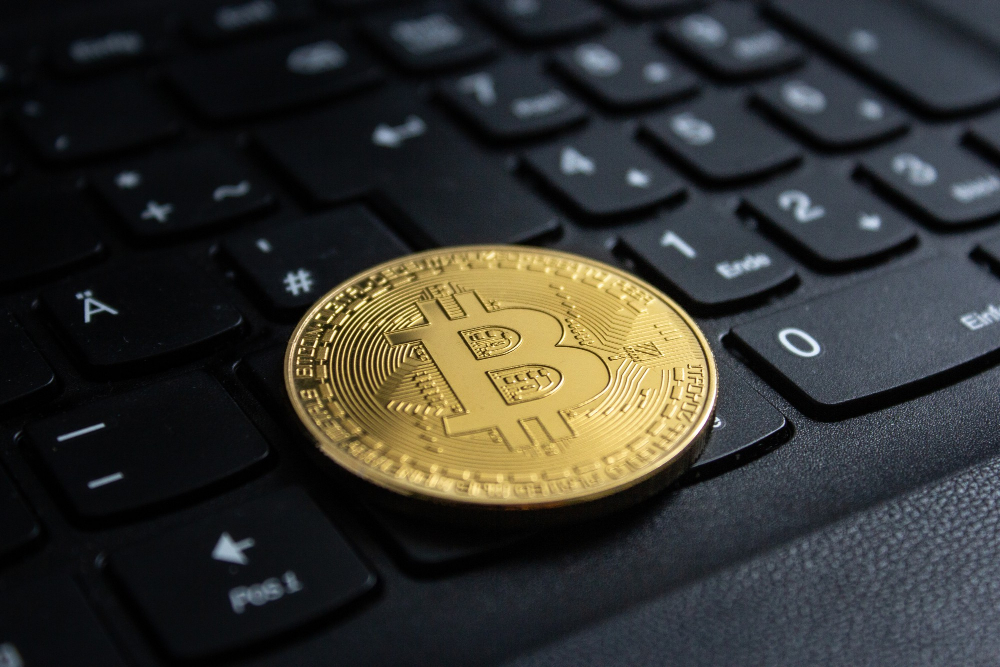This article and its content have been produced and disseminated to persons outside the United Kingdom. The information provided is not directed at or intended for distribution to, or use by, any person or entity located within the UK. The financial products and services mentioned in this article are not eligible for the UK. Cryptoassets are classified as Restricted Mass Market Investments in the UK, meaning they are high-risk investments unsuitable for most retail investors.
The emergence of cryptocurrency has revolutionized the financial landscape, giving rise to a new class of financial institutions known as crypto banks. These entities aim to bridge the gap between traditional banking and the digital asset ecosystem, offering services that cater to the unique needs of crypto users and businesses. Bintense, a regulated Lithuanian crypto exchange,reviews the concept and explains how it functions.
What Are Crypto Banks?
Crypto banks are financial institutions that provide services related to digital assets, such as cryptocurrencies and tokens. Their offerings often include:
- Custody Services: Secure storage solutions for digital assets.
- Lending and Borrowing: Facilitating loans backed by crypto collateral.
- Trading Platforms: Enabling users to buy, sell, and trade digital currencies.
- Payment Solutions: Allowing transactions using digital assets.
These services are designed to integrate the benefits of blockchain technology with the reliability and trust associated with traditional banking.
Are Crypto Banks Legitimate?
The legitimacy of crypto banks varies depending on their regulatory compliance and operational transparency. In the United States, for instance, the Office of the Comptroller of the Currency (OCC) has provided guidance affirming that national banks can engage in certain crypto-related activities, such as crypto-asset custody and participation in independent node verification networks, provided they have adequate controls in placeOCC.gov.
However, the regulatory landscape is still evolving, and not all crypto banks operate under the same legal frameworks. Users need to conduct thorough due diligence before engaging with any crypto bank.
How Do Crypto Banks Operate?
Crypto banks typically operate by leveraging blockchain technology to offer services that are more efficient and transparent than traditional banking methods. They utilize smart contracts, decentralized ledgers, and cryptographic security measures to facilitate transactions and manage assets.
For example, some crypto banks offer decentralized finance (DeFi) services, allowing users to earn interest on their digital assets or participate in liquidity pools without the need for intermediaries.
Are Crypto Banks Regulated?
Regulation of crypto banks is a complex and often fragmented issue. In the U.S., while federal agencies like the OCC and the Federal Deposit Insurance Corporation (FDIC) have provided some clarity on permissible crypto activities, the overall regulatory framework remains inconsistent.
Internationally, organizations like the Financial Stability Board (FSB) have highlighted significant gaps in global crypto regulations, emphasizing the need for enhanced international cooperation to address the cross-border nature of crypto assets.
Bintense: A Bridge Between Traditional Finance and Crypto
While not a crypto bank in the traditional sense, Bintense serves as a platform that provides users with access to major crypto assets like Bitcoin and Ethereum. By offering a straightforward exchange process, Bintense allows individuals to convert their fiat currencies into digital assets, facilitating entry into the crypto space.
Bintense emphasizes compliance with regulatory standards and ensures that users retain control over their assets by not storing cryptocurrencies or fiat currencies. Instead, users link their personal wallets to the platform, maintaining ownership and security of their digital assets.
Round Up
Crypto banks represent a significant evolution in the financial sector, offering services that cater to the growing demand for digital asset integration. While they operate in a complex regulatory environment, their legitimacy and operations are becoming clearer as regulations evolve. Platforms like Bintense play a crucial role in bridging the gap between traditional finance and the digital asset ecosystem, providing users with access to major cryptocurrencies while ensuring compliance and security.


